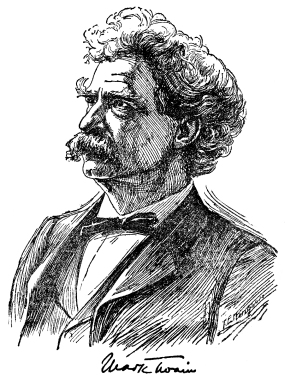"The details of the relationship were as follows: I was 24, saddled with a boring job at a giant food products company outside of Chicago, living at my family's home in an upscale suburb north of the city, saving money for the down payment on a condominium that I would never come to buy. She was 41, a former lawyer, divorced and the mother of three young children, a boy and two girls. As it turned out, she also happened to live in the same suburb as my family, less than five minutes from my home.
We met in an evening class at Northwestern. I knew little about her before asking her out, only that she had terrific black hair and that we'd gone to the same university, though she made it clear when it came up in conversation that she had gone there many, many years before I had.
I knew, too, that there was a sexual résumé I was hoping to build; I had been with the same girlfriend from high school through college and had little experience otherwise.
Several weeks into the course, I sent this woman an e-mail message (I had found her address on the class list), asking her straight out if she would like to have a drink with me.
She didn't respond."
By Peter Levine
Read entire article:
MODERN LOVE; Maturity Was Just Too Messy for Me
 "In the white glare of a hot summer’s noon, the broad avenues of Islamabad, Pakistan’s modern capital, are usually empty. But on a sweltering day this May the streets were crowded with noisily chanting protesters, all of them demonstrating against the military government of President Pervez Musharraf. Three separate protests were under way. Each one represented a slightly different vision of the future that Pakistan might have if—as now seems more likely than ever—Musharraf’s government were to fall."
"In the white glare of a hot summer’s noon, the broad avenues of Islamabad, Pakistan’s modern capital, are usually empty. But on a sweltering day this May the streets were crowded with noisily chanting protesters, all of them demonstrating against the military government of President Pervez Musharraf. Three separate protests were under way. Each one represented a slightly different vision of the future that Pakistan might have if—as now seems more likely than ever—Musharraf’s government were to fall."










